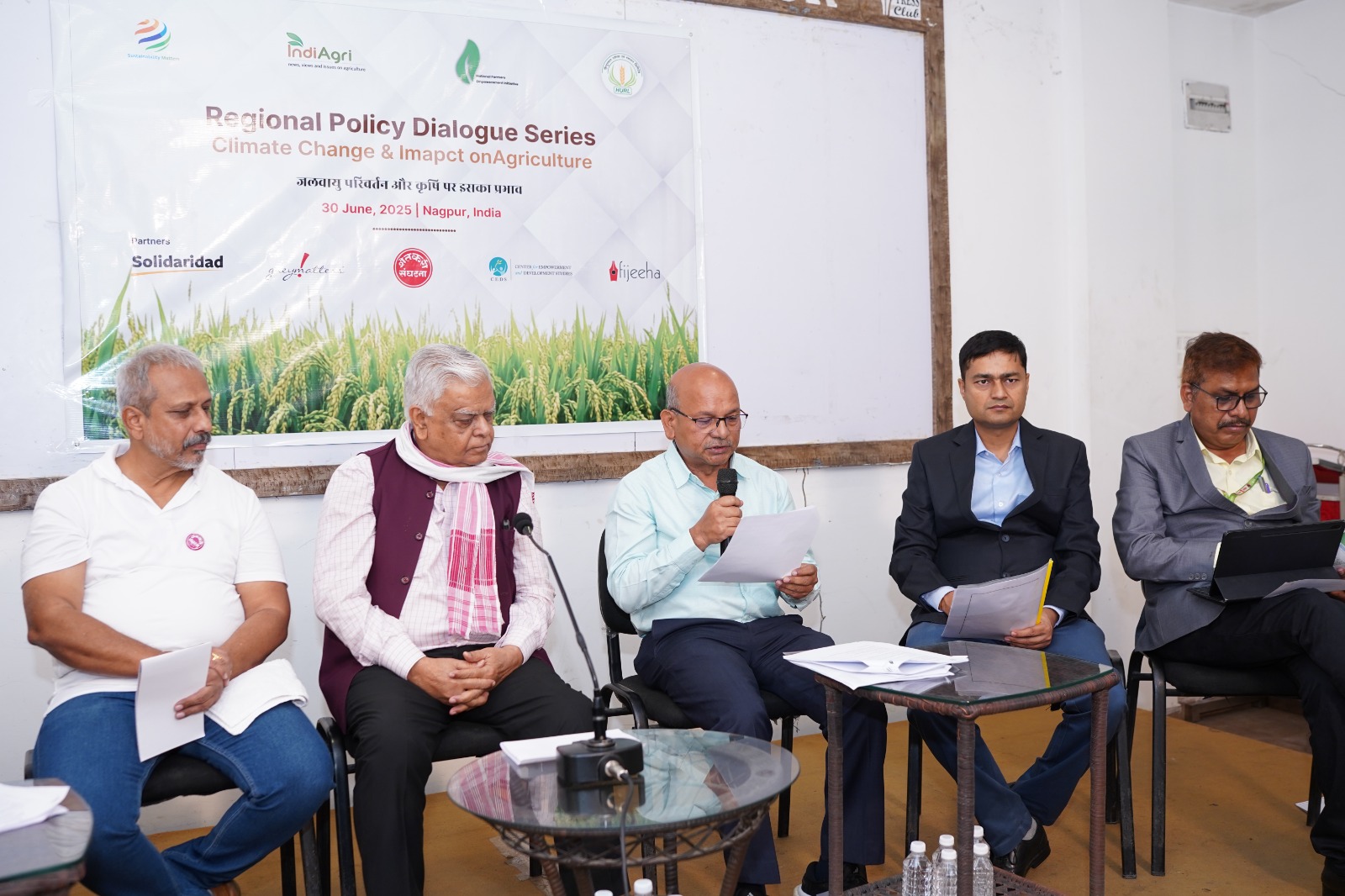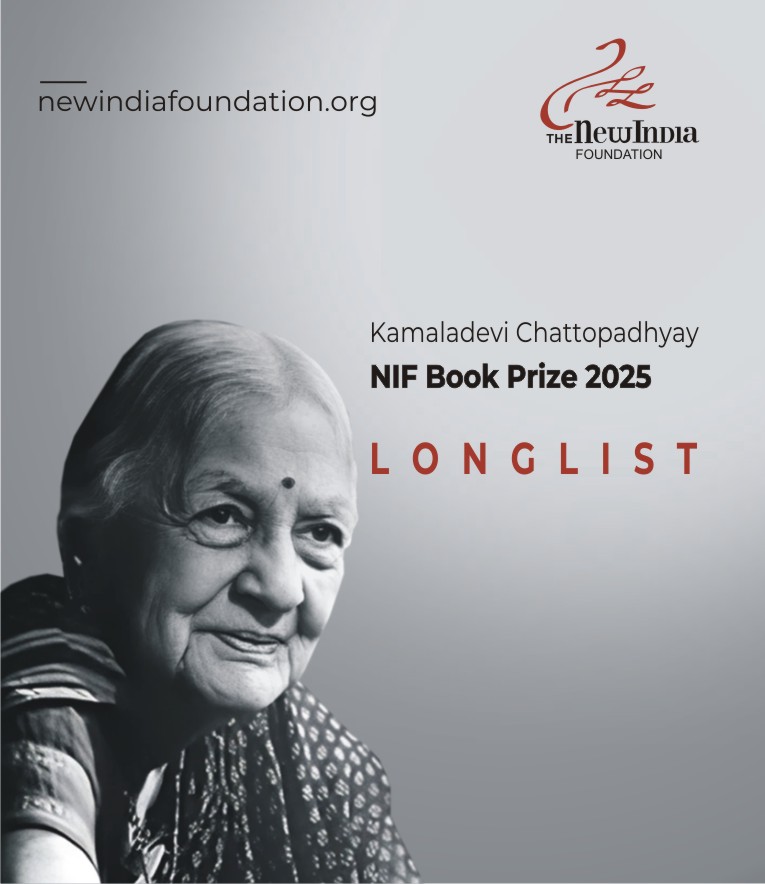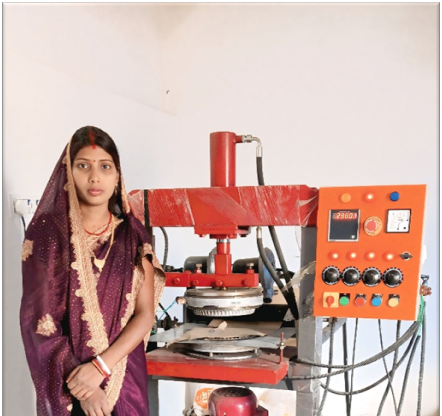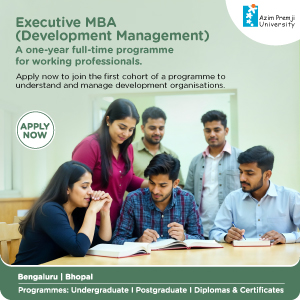Public-Private-Farmer collaboration for policy making key to climate-ready agriculture
By Sustainability Matters and IndiAgri
July 1, 2025

As climate extremes become the new normal, threatening both soil health and food security, experts at the Regional Policy Dialogue on Climate Change and Agriculture, organised by Sustainability Matters and IndiAgri, held in Nagpur, highlighted the urgent need for deeper collaboration between government institutions, private sector stakeholders, and farming communities. The consultation called for dismantling policy silos and promoting convergence to build a future-ready, climate-resilient agricultural ecosystem for India.
Dr CD Mayee, Former Agricultural Commissioner, Government of India and Chairman of the Board of Directors, AFC India Ltd asserted that “climate change is no longer a debate, it is a reality that must be responded to through adaptation, not just mitigation.” While certain climatic shifts, like rising carbon dioxide levels, may offer benefits to specific crops such as cotton, Dr Mayee emphasised that the broader response must centre on technology-enabled adaptation at scale.
He noted that traditional plant breeding methods, though effective, are often too slow to respond to rapidly changing climatic conditions. Citing recent advances in biotechnology, he referred to the swift development of two drought-resistant, gene-edited rice varieties launched by ICAR under Shivraj Singh Chouhan’s leadership, which were developed in just two years, a testament to the promise of new breeding techniques. “If food security and Atmanirbharta are our priorities, then fast-tracking the adoption of such technologies is not optional, it is essential,” he added.
Echoing the same concern, Dr V N Waghmare, Director, Central Institute for Cotton Research (CICR), observed that Vidarbha is already experiencing shifts in rainfall patterns, with recent years recording over 1,000 mm of precipitation, up from an earlier average of 700–800 mm. These changes, he said, require new tools, practices, and systems of breeding to ensure crop and soil resilience. Highlighting the stark gap in soil organic carbon content between India and some developed countries, he emphasised the need to prioritise soil carbon retention and carbon sequestration. Dr Waghmare also shared that CICR is actively exploring artificial intelligence-based breeding solutions to respond more precisely to climate-induced stress on cotton crops.
Focusing on the deteriorating state of India’s topsoil, Dr Sharad Nimbalkar, former Vice Chancellor of Dr Panjabrao Deshmukh Krishi Vidyapeeth (PDKV), called for soil health to be placed at the centre of any climate strategy. “We are losing organic content at an alarming rate, and this is directly impacting yields and farmer incomes. Universities and research institutions must lead in developing watershed-based models to regenerate soil sustainably,” he said.
Adding a policy implementation perspective, Shri Ravindra Manohare, District Superintendent Agriculture Officer, Government of Maharashtra, shared key insights from the Project on Climate Resilient Agriculture (POCRA), one of the state’s flagship initiatives supported by a ₹6,000 crore World Bank fund. Covering over 7,000 villages, the project targets regions identified through a combined index of water stress, soil vulnerability, and poverty levels. “Farmer participation is critical in such projects. Bottom-up planning, traceable seed systems like the SATHI app, and location-specific interventions must shape our model of climate resilience,” he added.
“The future of Indian agriculture cannot be secured in isolation, it requires a shared commitment from policymakers, scientists, industry leaders, and farmers alike. Through platforms like this Regional Dialogue, we aim to catalyse conversations that lead to collaboration, and collaboration that leads to action,” said Dr Navneet Anand, Executive Director, Sustainability Matters & Editor-in-Chief, IndiAgri.
The dialogue also featured insights from a wide range of stakeholders including Shri Mayur Khetre, National Product Development Manager, Cotton Crop, Rasi Seeds; Shri Nikhil Joshi, Manager Marketing (Nagpur), Hindustan Urvarak & Rasayan Limited (HURL); Shri Lalit Bahale, President, Shetkari Sanghatana; Dr Ajay Singh Rajput, Regional Director for Organic and Natural Farming, Department of Agriculture & Farmers Welfare, Government of India; Ms Mallika Verma, Director, Government Affairs and Public Policy, Syngenta India; Shri Milind Damle, Progressive Farmer and Head of Shetkari Sanghatana’s Technology and Agriculture Science Wing; and Shri Ganesh Nanote, Progressive Farmer and Member, Global Farmers Network.
The Regional Policy Dialogue, part of a national series on sustainable agriculture, served as a timely reminder that while climate change poses immense challenges to Indian agriculture, the answers lie in cross-sector collaboration, grassroots involvement, and bold policy innovation.
© Renalysis Consultants Pvt Ltd










